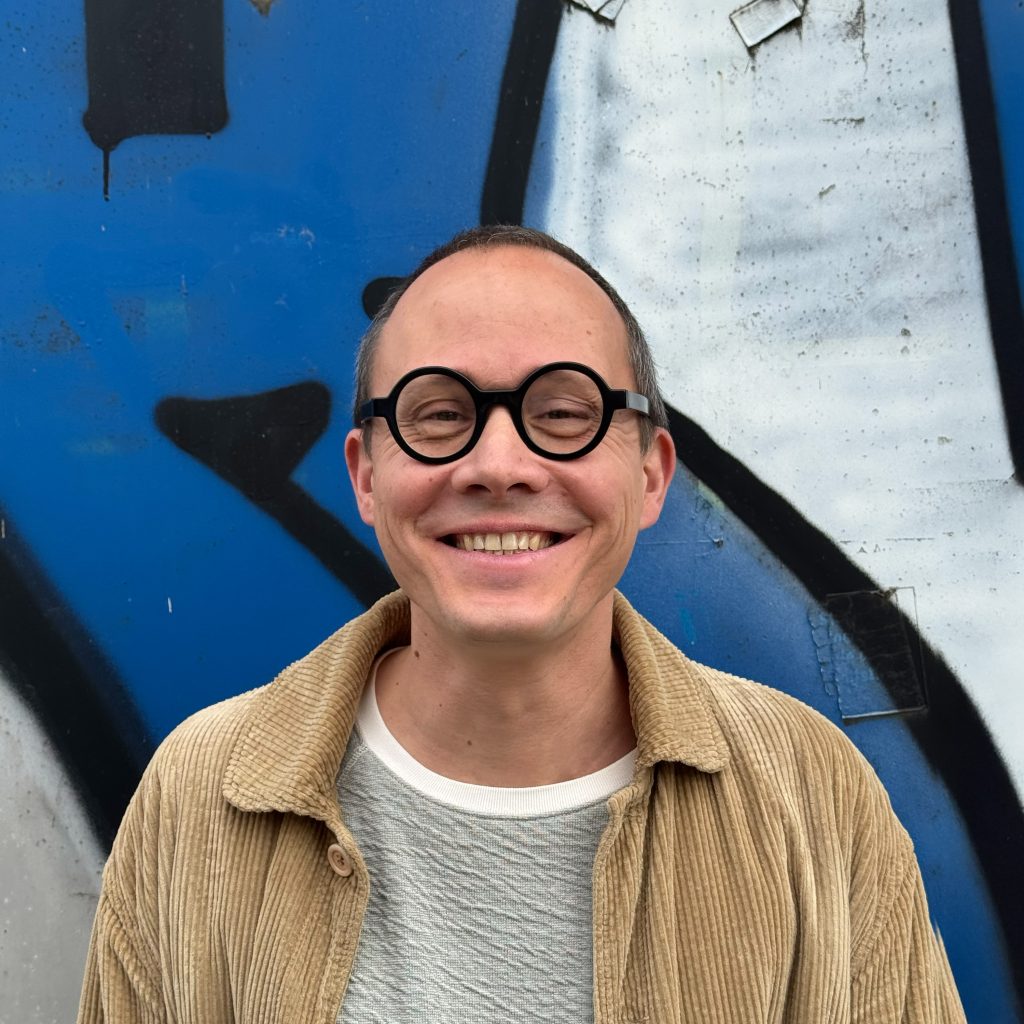Once a hallmark of the modern scientific revolution and a key tool of colonial conquest and occupation, the geographical map is now being politically reclaimed in ways that turn mapping into a form of care for vulnerable and endangered worlds. Today’s radical mapping practices—also known as counter-mapping—respond to ecological destruction, (post)colonial oppression, and structural forms of violence. Their very mode of operation questions the standard opposition between representing a single, fixed world and cultivating multiple, evolving worlds through active maintenance and potential reparation and repair. Developed through collective processes that bring together diverse experiences and skills—dissolving the modernist divide between expert and non-expert, knowledge-making and storytelling—contemporary counter-mapping helps redefine the role of cultural practices in the Anthropocene. Counter-mapping stands as a powerful example of how a historically colonial and ecocidal tool can be repurposed into an ecological practice rooted in care and repair. The project seeks to theorize the significance of contemporary counter-mapping and so contribute to a broader theory of how cultural practices can be redirected toward reparation and repair.
DR. JULIEN PIERON
CURRICULUM VITAE
Julien Pieron has been a faculty member and scholar at the University of Liège since September 2014, where he teaches metaphysics and the theory of knowledge practices, and co-leads the specialized master’s program focused on analysing and generating critical forms of knowledge. He teaches students from a wide range of backgrounds, from first-year undergraduates to those completing their master’s degrees, including those from the Faculty of Philosophy and Letters and, until 2024, the Faculty of Sciences. His main research interests include the metaphysics of time, film theory, feminist epistemology, and the modern resurgence of pragmatism and speculative philosophy.
